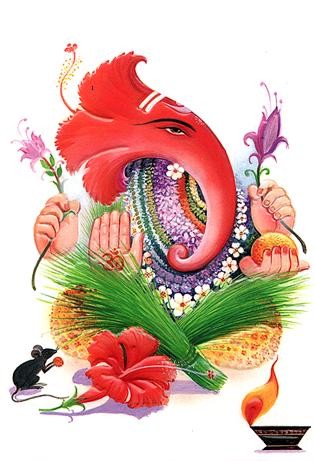A Light into Oneself
A New Consciousness
A new consciousness and a totally new morality are necessary to bring about a radical change in the present culture and social structure. This is obvious, yet the Left and the Right and the revolution seem to disregard it. Any dogma, any formula, any ideology is part of the old consciousness; they are the fabrications of thought whose activity is fragmentation-the Left, the Right, the Center. This activity will inevitably lead to bloodshed of the Right or of the left or to totalitarianism. This is what is going on around us. One sees the necessity of social, economic, and moral change but the response is from the old consciousness, thought being the principle actor. The mess, the confusion, the misery that human beings have got into are within the area of the old consciousness, and without changing that profoundly, every human activity-political, economic, religious-will only bring us to the destruction of each other and of the earth. This is obvious to the sane.
One has to be a light to oneself; this light is the law. There is no other law. All the other laws are made by thought and so are fragmentary and contradictory. To be a light to oneself is not to follow the light of another, however reasonably, logical, historical, and however convincing. You cannot be a light to yourself if you are in the dark shadows of authority, of dogma, of conclusion. Morality is the child of love and love is not desire and pleasure. Sexual or sensory enjoyment is not love.
Freedom is to be a light to oneself; then it is not an abstraction, a thing conjured up by thought. Actual freedom is freedom from dependency, attachment, from the craving for experience. Freedom from the very structure of thought is to be a light unto oneself. In this light all action takes place and thus it is never contradictory. Contradiction exists only when that light is separate from action. The ideal, the principle, is the barren movement of thought and it cannot coexist with this light; one denies the other. Where the observer is, this light, this love is not. The structure of the observer is put together by thought, which is never new, never free. There is no "how," no system, no practice. There is only the seeing that is the doing. You have to see, not through the eyes of another. This light, this law, is neither yours nor that of another. There is only light. This is love.

